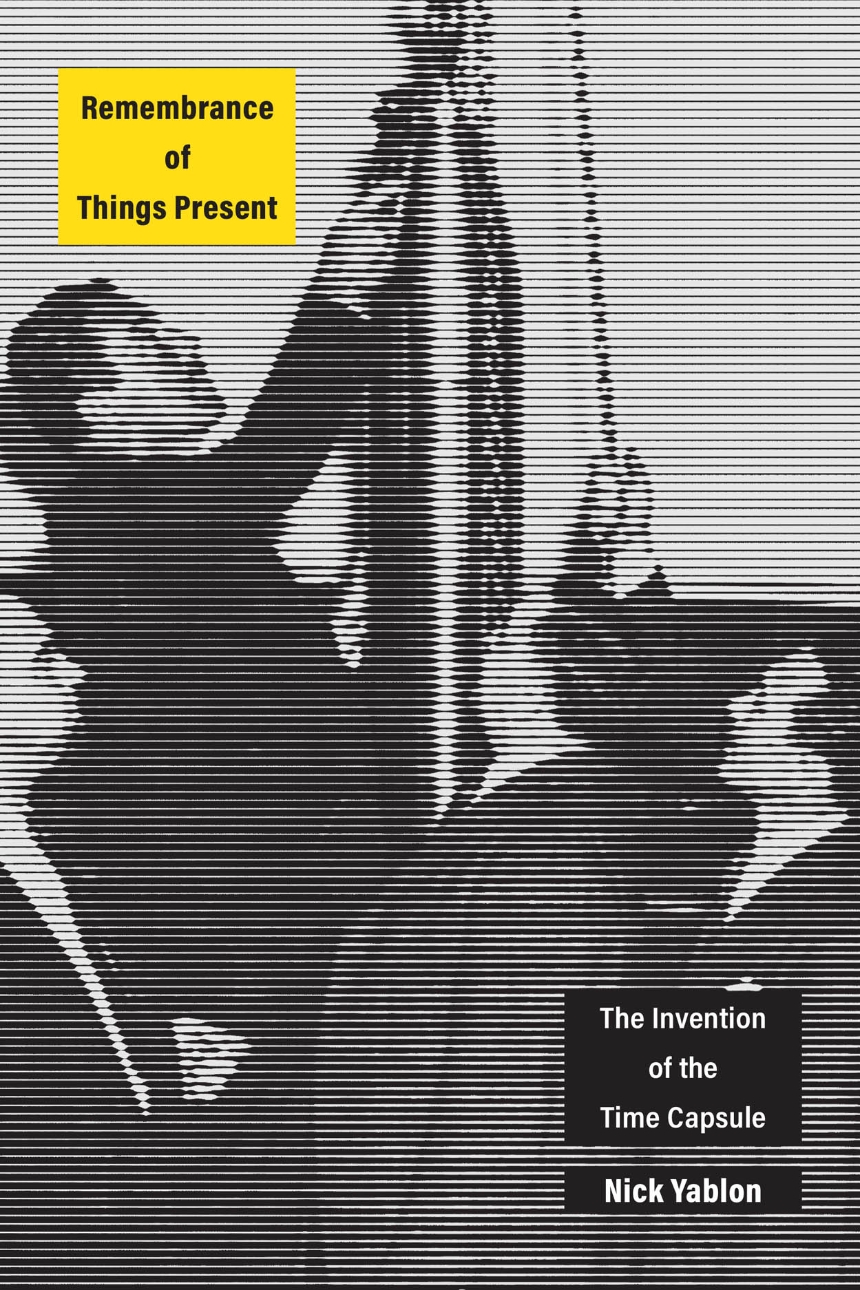Remembrance of Things Present
The Invention of the Time Capsule
Time capsules offer unexpected insights into how people view their own time, place, and culture, as well as their duties to future generations. Remembrance of Things Present traces the birth of this device to the Gilded Age, when growing urban volatility prompted doubts about how the period would be remembered—or if it would be remembered at all. Yablon details how diverse Americans – from presidents and mayors to advocates for the rights of women, blacks, and workers – constructed prospective memories of their present. They did so by contributing not just written testimony to time capsules but also sources that historians and archivists considered illegitimate, such as photographs, phonograph records, films, and everyday artifacts.
By offering a direct line to posterity, time capsules stimulated various hopes for the future. Remembrance of Things Present delves into these treasure chests to unearth those forgotten futures.
By offering a direct line to posterity, time capsules stimulated various hopes for the future. Remembrance of Things Present delves into these treasure chests to unearth those forgotten futures.
384 pages | 63 halftones | 6 x 9 | © 2019
Culture Studies:
History: American History, History of Ideas, History of Technology
Reviews
Table of Contents
Introduction: Memory, History, Posterity
1 Safeguarding the Nation: Photographic Offerings to the Bicentennial, 1876–1889
2 “P.O. Box to the Future”: Temperance, Insurgence, and Memory in San Francisco, 1879
3 Annals of the Present, the Local, and the Everyday: The Centurial Time Vessels as Heterodox History, 1900–1901
4 Seeds of Hope: “Posteritism” and the Political Uses of the Future, 1900–1901
5 “A Living History of the Times”: The Modern Historic Records Association, 1911–1914
6 Mausoleums of Civilization: Techno-Corporate Appropriations of the Time Vessel, 1925–1940
7 Breaking the Seal: The Vicissitudes of Transtemporal Communication
Epilogue: The Time Capsule’s Futures
1 Safeguarding the Nation: Photographic Offerings to the Bicentennial, 1876–1889
2 “P.O. Box to the Future”: Temperance, Insurgence, and Memory in San Francisco, 1879
3 Annals of the Present, the Local, and the Everyday: The Centurial Time Vessels as Heterodox History, 1900–1901
4 Seeds of Hope: “Posteritism” and the Political Uses of the Future, 1900–1901
5 “A Living History of the Times”: The Modern Historic Records Association, 1911–1914
6 Mausoleums of Civilization: Techno-Corporate Appropriations of the Time Vessel, 1925–1940
7 Breaking the Seal: The Vicissitudes of Transtemporal Communication
Epilogue: The Time Capsule’s Futures
Acknowledgments
List of Abbreviations
Index
List of Abbreviations
Index
